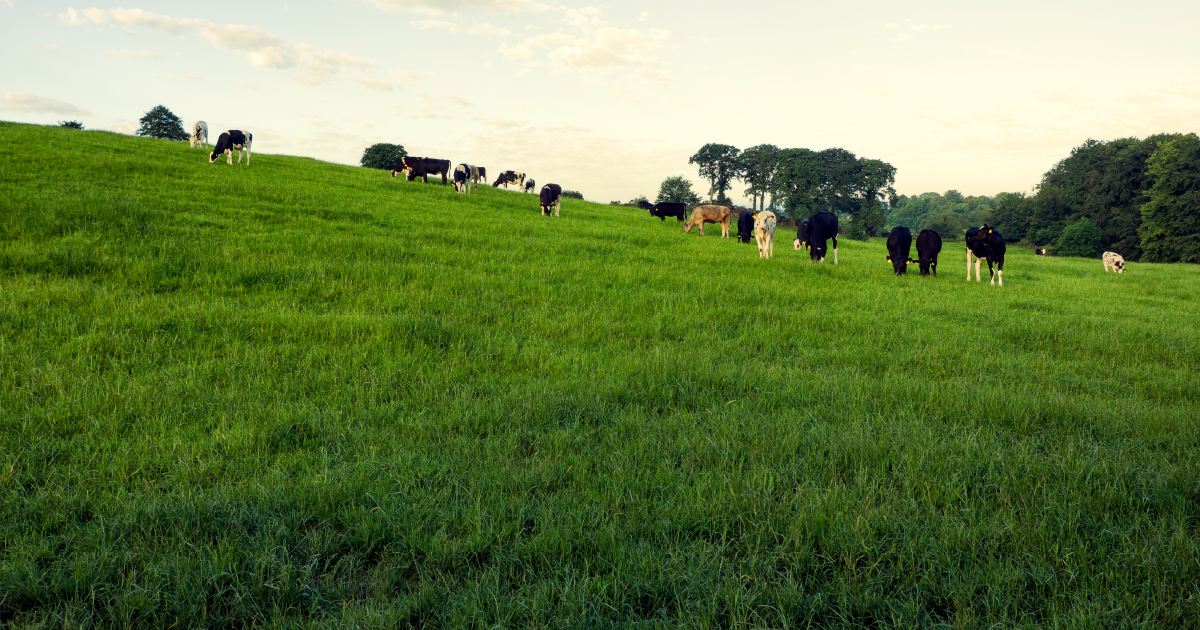The effects of heat stress on fertility in dairy cows
- 18 Jul 2022
- 0 Comments

The UK is experiencing more frequent heat waves each summer, with temperatures reaching the highs of 30°C in the day and evening in-shed temperatures staying above 20°C, as a result, cows will struggle and performance and fertility may be affected.
The impact of thermal stress on fertility
There will be real issues for many with fertility when experiencing extreme warm weather – when 24-hour daily average THI (temperature humidity index) is 65 or more than conception rates, days open and anestrus, will be impacted and this can impact not only cows being served on the day, but also those served up to 3 weeks ago, and those to be served in the next 3 weeks!
Fertility impacts are seen when cows are heat stressed due to a number of reasons:
- Heat detection may be poorer as lethargic cows will express less bullying behaviour
- Heat stress can directly impact the systemic immune system
- Higher body temperature will affect the quality of oocytes and the uterine environment (Rensis et al, 2003)
- Lower dry matter intakes will prolong the period of post-calving negative energy balance and return to cycling
This is common in herds which remain house but also the cows outside, higher-yielding cows particularly, as a 45kg/day cow will produce 26% more metabolic heat than a 32kg/day cow and she needs to cool herself. This is where Equaliser® CoolCow really helps to cool the cow from the inside and prevent heat stress. The graphic on the right shows the cost implications of heat stress, which would cover the costs of feeding the product for ~100 days, and maintaining performance.


How to identify the signs of heat stress
Be aware of the most obvious signs of heat stress, the signs can be seen instantaneously in herds at any point. Signs to look out for include:
- Elevated breathing (>60 breaths per minute)
- Slight drooling
- Restlessness and standing
- Shade seeking
- Grouping together
References: Fabio De Rensis, Rex John Scaramuzzi, Heat stress and seasonal effects on reproduction in the dairy cow—a review, Theriogenology, Volume 60, Issue 6, 2003, Pages 1139-1151, ISSN 0093-691X, https://doi.org/10.1016/S0093-691X(03)00126-2.








